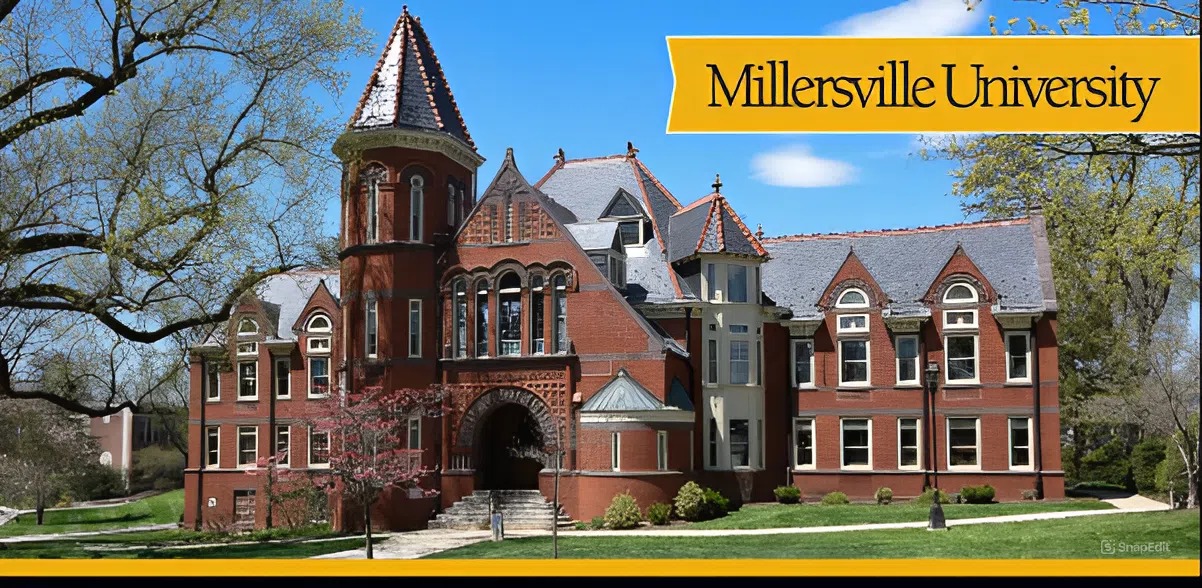
Join us for a two-day conference at Gordinier Hall & Bolger Center at Millersville University. Day one will offer three different sessions of various topics. Day two will offer three sessions that are required for social work licensing: Ethics (3CE), suicide prevention (1CE), and mandated reporting (2CE). Attendees can earn up to 11.5 CEs
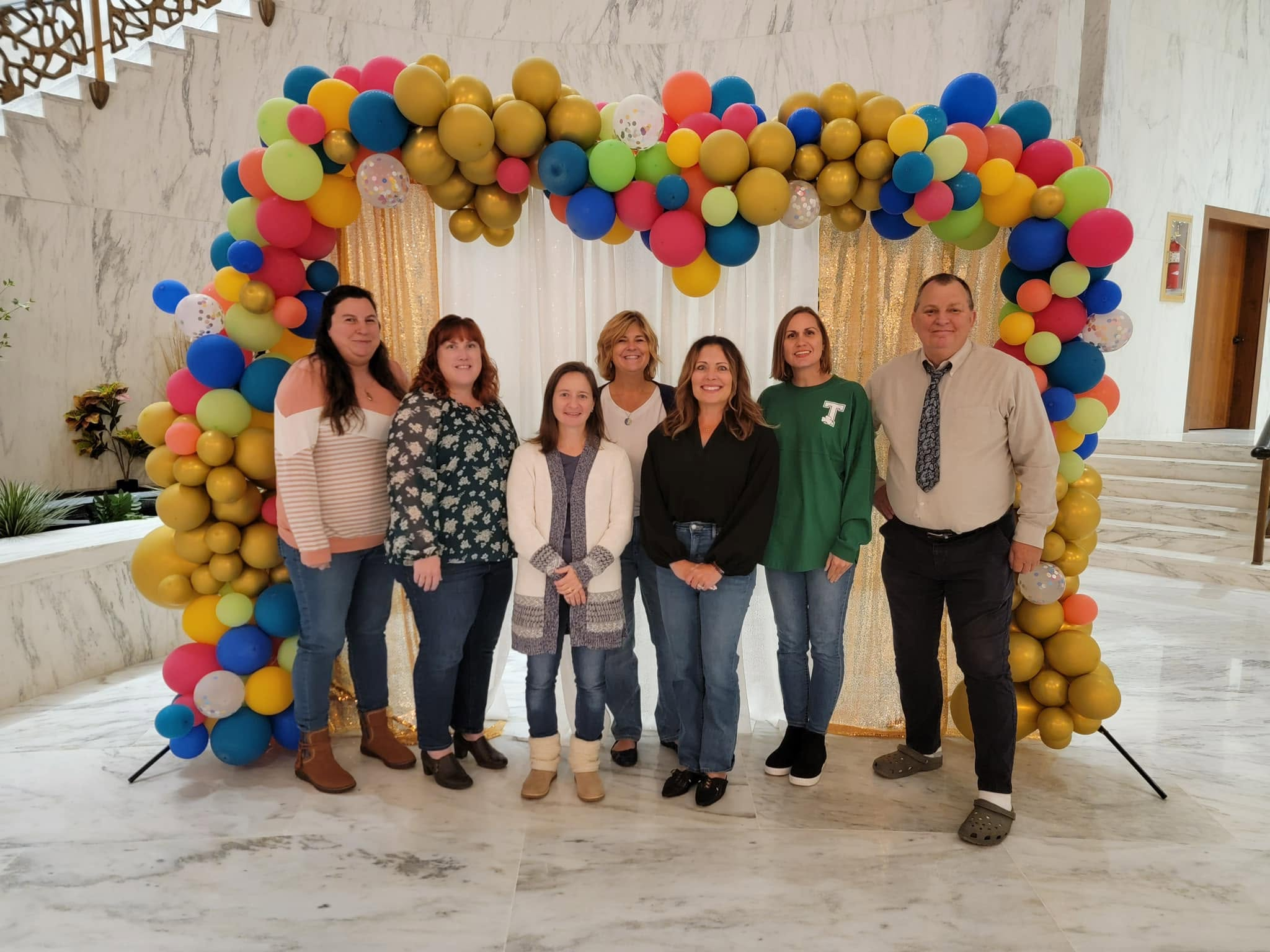
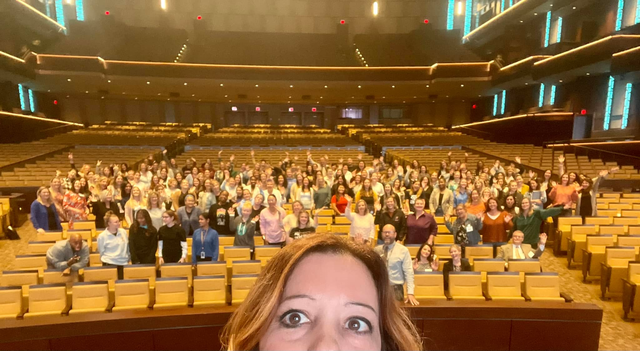
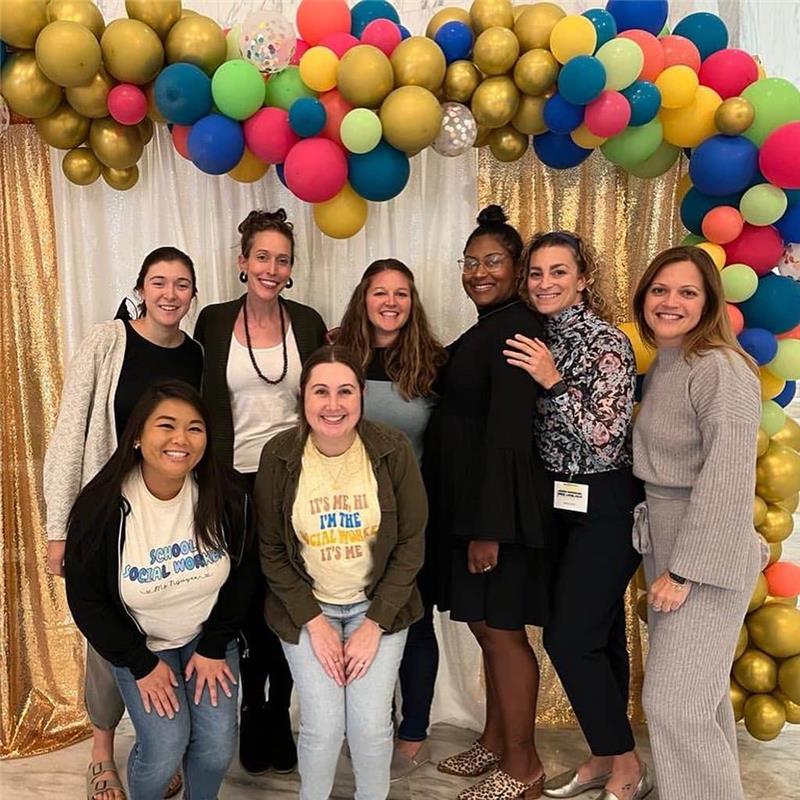
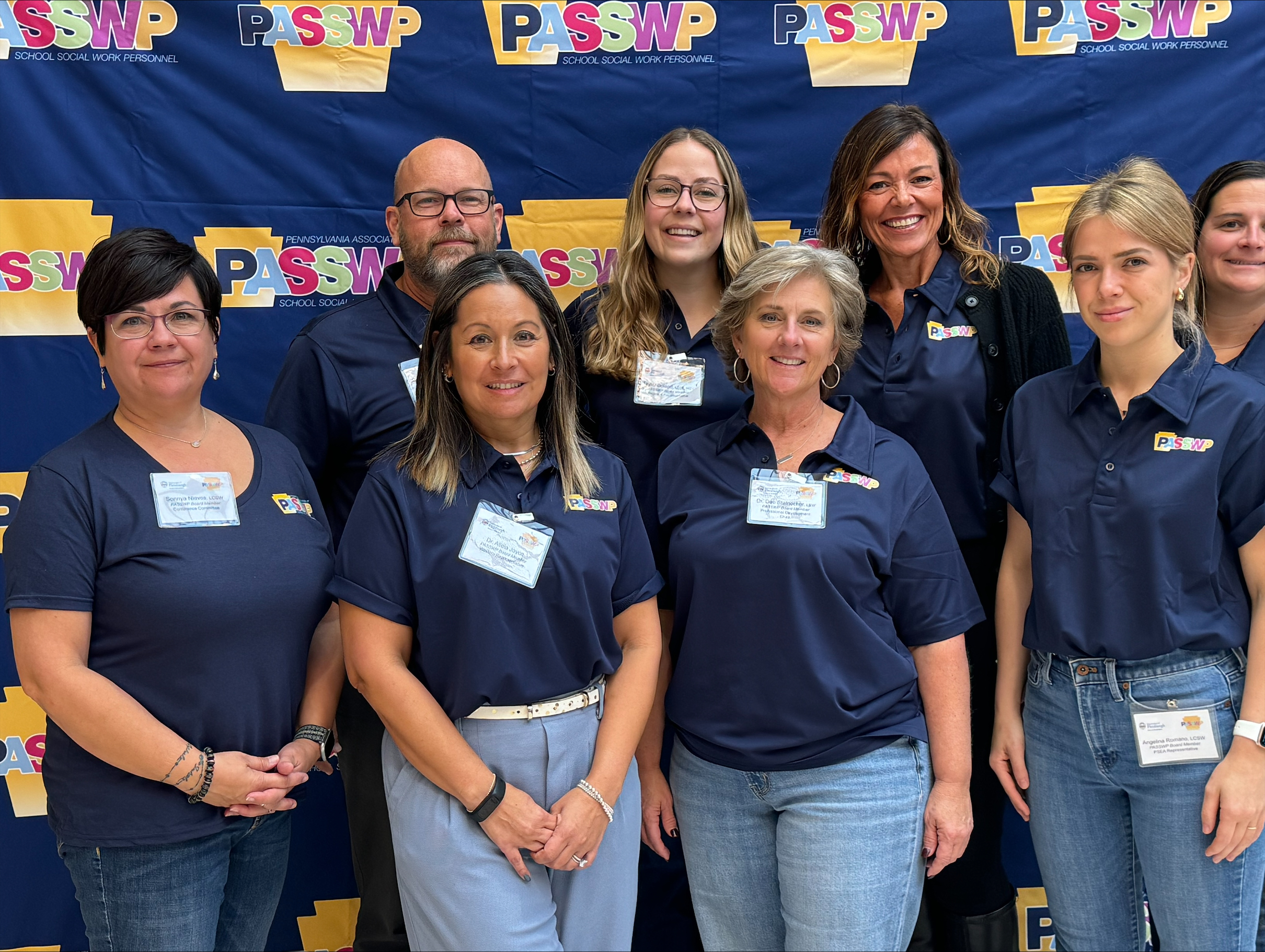
Join us on November 17 & 18, 2025, at Gordinier Hall & Bolger Center, Millersville University, for a dynamic two-day conference themed “Don’t Stop Believing: The Work Continues.” This event is designed to empower, educate, and inspire professionals across the fields of social work, counseling, and family therapy.
Participants will have access to a total of six engaging sessions—
Gordinier Hall & Bolger Center at Millersville University
( Monday - Tuesday ) 17 November 2025 to 18 November 2025.
Whether you're a seasoned clinician or just beginning your professional journey, the 2025 Conference at Millersville University offers the perfect blend of education, connection, and professional growth.
Meet and connect with social work professionals, students, and researchers from across the region.
Earn up to 11.5 CE credits, including required sessions on ethics, suicide prevention, and mandated reporting—approved by PASSWP.
Engage in real conversations that foster collaboration and shared purpose.
Discover methods and strategies you can apply right away in your practice.
Attend engaging sessions across both days featuring diverse topics and expert-led presentations.
Commemorate your experience at Millersville University with limited-edition gear
Hear from experienced professionals in the field of social work as they lead impactful sessions, Each speaker brings practical knowledge and deep expertise to support your continued growth, whether you’re new to the profession or a seasoned clinician.
Two days of expert-led sessions, hands-on learning, and CE-credit opportunities—all designed to elevate your practice.
Research shows that feeling connected to the school community plays a significant role in supporting student mental health. This session will review the data behind youth mental health and will enhance your building's tier 1 intervention strategies around mental health education. We will guide you through establishing a robust tier 1 mental health program that will ensure everyone in your school community has a shared vocabulary that fosters rich conversations and promotes a culture of student well-being. This session will offer tools to enhance mental health education for students in grades 4th through 12th in your school. Participants will be introduced to the free and flexible programs focused on mental health, depression and suicide awareness from Erika’s Lighthouse.
OBJECTIVE 1
Understand how to utilize tier 1, universal programming in the early identification & intervention of youth struggling with mental health.
OBJECTIVE 2
Identify key components of depression and suicide prevention programs and how to effectively implement in a school setting.
OBJECTIVE 3
Be able to access free resources and materials to implement effective mental health programming in your school.
Join a panel of experienced Pennsylvania Home and School Visitors (HSVs) as they share effective practices for improving student attendance, designing meaningful School Attendance Improvement Plans (SAIPs), and ensuring legal school district residency. This interactive session will provide practical insights, foster peer collaboration, and highlight strategies that are making a difference in districts across the state. Attendees are encouraged to bring their own attendance improving strategies, SAIPs, and residency paperwork.
OBJECTIVE 1
Explore HSV-led strategies and interventions that have positively impacted student attendance.
OBJECTIVE 2
Examine the structure and components of SAIPs, 1302’s, and Multiple Occupancy Agreements, currently being used in various school districts.
OBJECTIVE 3
Identify strategies for supporting attendance among students experiencing homelessness under the McKinney-Vento Act.
This interactive session explores the use of Family Group Time as a structured, school-wide practice designed to foster a strong sense of community within elementary schools. Family Group Time brings together small, mixed-grade groups of students, facilitated by school staff, to engage in relationship-building activities, social-emotional learning, and community-building conversations. School social workers play a key role in guiding, supporting, and modeling these sessions to ensure that all students feel safe, valued, and connected. This approach enhances school climate, reduces behavioral issues, and strengthens students' interpersonal skills. Participants will leave equipped with practical tools to help implement and sustain Family Group Time in their own settings.
OBJECTIVE 1
Explain the purpose and structure of Family Group Time in an elementary school setting.
OBJECTIVE 2
Identify strategies to facilitate inclusive, engaging, and developmentally appropriate activities within multi-age student groups.
OBJECTIVE 3
Describe the school social worker’s role in supporting and sustaining community-building initiatives through Family Group Time.
Children and families experiencing trauma often face complex, interwoven challenges that extend far beyond the school walls. School social workers are uniquely positioned to serve as bridges between educational systems and the broader community, specifically Child Advocacy Centers (CAC). This session will explore how intentional, trauma-informed collaboration between schools and CACs can create a safety net of support that is both sustainable and culturally responsive. Drawing on real-world case studies and best practices, the presentation will highlight strategies for building effective partnerships CACs. Attendees will learn practical tools for coordinating care, advocating for systemic change, and fostering environments where children and families not only survive but thrive. Participants will leave with a renewed sense of purpose and concrete steps to strengthen community collaboration in their own school settings.
OBJECTIVE 1
Summarize the purpose and role of a Child Advocacy Center (CAC).
OBJECTIVE 2
Highlighting the importance of a community-based approach to the needs of children and families experiencing trauma.
OBJECTIVE 3
Identify best practices for ways for schools and CACs to collaborate to support families experiencing trauma (for example, the HEART program).
Through the lens of role theory and over a century of evolving school social work practice, this session explores how the duties of school social workers align—or conflict—with national standards and state certification guidelines. Drawing on findings from a Pennsylvania-based study, participants will examine key areas of convergence and divergence between expectations and real-world practice, with implications for policy, advocacy, certification, and professional development.
OBJECTIVE 1
Examine the origins and progression of school social work to understand how historical trends have shaped current expectations and role definitions.
OBJECTIVE 2
Reflect on your own role and responsibilities as a school social worker in relation to national and state standards.
OBJECTIVE 3
Apply research findings to inform advocacy efforts, improve induction and certification processes, and support ongoing professional development for school social workers.
The Dove Self-Esteem Project (DSEP) offers several no-cost resources designed for educators including school social workers to help their students improve low self-esteem, body confidence, and help them reach their full potential! All lessons align with the NHES and correlate with specific NASW Standards for School Social Work Services. This 90-minute workshop will include a lecture with interactive slides, a large group discussion and breakout activities. The activities will include examples of the DSEP resources include the Confident Me! lesson activities and case study examples for the Appearance Discrimination lesson. The activities will also include sharing and engaging in conversations on DSEP videos related to unrealistic beauty expectations, how they effect our students and unpacking them.
OBJECTIVE 1
Learn the social mission of the Dove Self-Esteem Project.
OBJECTIVE 2
Understand how body image impacts our youth.
OBJECTIVE 3
Learn how to utilize the Dove Self-Esteem Project in a comprehensive school social work program
During this workshop we will learn about the the in's and out's of special education social work, as It is becoming increasingly more popular for school districts to use their school social workers as direct service providers, specifically in special education. Special education is a very important part of public education and all school social workers, regardless of their primary duties, can benefit from learning more about supporting students with special needs.
OBJECTIVE 1
Lecture, Discussion, Case Studies, Other.
OBJECTIVE 2
Gain a more advanced understanding of IEPs, Special Education Language, and the role of a social worker in special education.
OBJECTIVE 3
Understand and demonstrate the ability to write measurable goals to meet student’s identified needs.
Community Collaborations to Remove Barriers to Service Access explores how to identify and address obstacles that prevent individuals from accessing essential services. Participants will learn to assess community demographics and needs, understand available local and county-level resources, and navigate service systems effectively. The course emphasizes building strategic partnerships, leveraging technology, and using feedback to enhance collaboration and improve service delivery for underserved populations.
OBJECTIVE 1
Understanding the Population in Your Program and the Barriers to Service Access.
OBJECTIVE 2
Knowing What is Available in Your Community/County.
OBJECTIVE 3
Strategies for Utilizing Resources and Improving Collaboration
Poor school attendance in the early grades is predictive of poor subsequent educational outcomes. We implemented a two-way, text-based parent-school communication system utilizing social work interns to encourage daily attendance and provide support and referral to tangible barriers families face. Results and implications for scale up will be presented.
OBJECTIVE 1
Attendees will recognize the difference between the following attendance terms: Student Daily Average, Truancy, Chronic Absence.
OBJECTIVE 2
Attendees will be able to identify the three systemic categories of school absenteeism.
OBJECTIVE 3
Attendees will be able to describe the key components of a text-based family outreach program.
Student mental health challenges demand proactive, comprehensive support systems. This session clarifies the distinct yet often overlapping roles of school counselors and social workers. Learn how to leverage your student services team to create a tiered support system that addresses student needs from prevention to intensive intervention. Discover practical strategies to transition from a reactive to a proactive approach, fostering collaboration, and building a robust student services program that ensures all students thrive.
OBJECTIVE 1
Define the roles and responsibilities of school counselors and social workers in student support.
OBJECTIVE 2
Develop a shared vision and collaborative framework for student mental health.
OBJECTIVE 3
Create a tiered support system that addresses student needs from prevention to intensive intervention.
Join us for a transformative session to empower school social workers with the knowledge and skills to navigate sensitive topics like death, loss, and grief. This session will offer a brief presentation of my doctoral research on the effectiveness of (social work led) professional development for school staff related to death, loss, and grief. We will discuss the grief sensitive school initiative, the resources available to school social workers. Breakout groups or small group discussions will be encouraged to share how various schools currently support mourning students (and staff). It is my hope that these meaningful conversations will encourage us to identify needs/gaps and create opportunities within our school and communities. We will also dispel some commonly held myths and beliefs on this topic.
OBJECTIVE 1
Enhanced Understanding & Knowledge: Learn about the impact of death and grief on students of different ages and de-bunk some myths and beliefs.
OBJECTIVE 2
Practical Strategies: Equip yourself with tools to provide compassionate and effective support.
OBJECTIVE 3
Collaborative Learning: In a supportive environment, share experiences and insights with fellow school social workers.
This presentation aims to provide school personnel with the knowledge and skills to create inclusive and supportive environments throughout their institution for students who may be impacted by incarceration, substance use, and violence in their communities. These social issues impact student’s mental health, behaviors, and their overall academic performance, and disproportionately impact students of color. Current methods implemented by institutions typically take on a zero-tolerance policy, which dramatically impact the number of students who are ultimately expelled or suspended. Enhanced school resource officers (SROs) have also led to an increase in number of students arrested, as well as the number of referrals to justice involved resources. By creating inclusive environments that are rooted in trauma-informed care, schools can reduce stigma, foster healing, and improve student outcomes, particularly for vulnerable populations. This session will cover the impact incarceration, substance use and violence has on students, strategies for creating an inclusive environment, how professionals can implement trauma-informed care practices in their role, and the benefits of collaboration.
OBJECTIVE 1
The audience will understand the impacts of incarceration, substance use, and violence on student’s academic performance and social development.
OBJECTIVE 2
The audience will learn evidence-based strategies to implement inclusive practices within the school system, specifically trauma-informed practices and restorative justice.
OBJECTIVE 3
The audience will enhance their skills in supporting students that promote safety and resilience, and enhance their academic success.
This professional development session will explore the concept of social capital—the networks, relationships, and norms that shape community cooperation and support—and how it can be a powerful lens for school social workers seeking to better understand families and enhance engagement efforts. Participants will examine the types of social capital (bonding, bridging, and linking) and how these influence a family’s access to resources, trust in institutions, and capacity for school involvement. Through interactive discussion, case study analysis, and practical tools, school social workers will learn to identify the social capital assets and barriers within their school communities. The session will emphasize culturally responsive strategies to engage families from diverse backgrounds and strengthen connections between home, school, and community.
OBJECTIVE 1
Analyze how social capital impacts family engagement, trust in schools, and student success.
OBJECTIVE 2
Apply strategies to build social capital in underserved or marginalized families to foster authentic partnerships.
OBJECTIVE 3
Participants will explore their own social capital networks to deepen self-awareness and understand how personal experiences influence their approach to family engagement.
What happens when the work you love begins to hurt you? Being empathetic and creating relationships is the crux of our work, but this and hearing the traumatic stories our clients tell us can be detrimental to our health and mental health. Working with trauma-exposed individuals, especially children, can lead to secondary traumatic stress (STS). This session explores STS signs, symptoms, and risk factors, and helps participants develop a practical self-care plan to reduce burnout, improve resilience, and enhance care quality.
Through lecture, discussion, and hands-on activities, this session is designed to strengthen providers’ resilience and self-care practices. Providers who are healthier and more resilient are more effective in the field, able to provide quality care to students and families, and are less likely to leave the profession. Providers who practice good self-care are also able to lead by example when working with students who may be struggling with their own emotional health.
OBJECTIVE 1
Participants will be able to recognize the signs of secondary traumatic stress and burnout in their own and others’ practice.
OBJECTIVE 2
Participants will be able to list at least three risk factors and three protective factors for secondary traumatic stress for those in the helping professions.
OBJECTIVE 3
Participants will create a draft of a self-care plan that they can implement immediately upon return to their agency or school.
In this interactive session, participants that practice in school settings will deconstruct and critique the current truancy practices that further impact their students form marginalized populations. They will explore the language and practices used to oppress their students and how to mitigate those challenges. Participants will walk away with strategies to enhance their knowledge of joining with students in sessions to provide culturally humble care. They will also find renewed compassion and companionship in this difficult work of challenging the macro level systems as well as how to provide their students with an application in their allyship within the educational system.
OBJECTIVE 1
Participants will learn what TTM is and how to use it.
OBJECTIVE 2
Participants will learn how to critique their school district truancy policies using critical race theory (CRT).
OBJECTIVE 3
Participants will learn how to challenge their current systems and how to create change
This workshop will explore AI and social work practice. We will focus on ethical considerations
OBJECTIVE 1
Participants will explore the use of AI tools in social work practice.
OBJECTIVE 2
Participants will evaluate the risks and benefits of AI in social work practice.
OBJECTIVE 3
Participants will apply ethical decision making models to scenarios involving AI and social work.
This training is designed to teach and help professionals further developing their understanding on how to assess, intervene, and utilize internal and external resources for on-going support to individuals contemplating suicide. This includes professionals in various roles within the school setting. There will be lecture and some discussion on how to recognize the signs of passive and active suicidal ideation, along with potential desire to move further into planning. The most important intervention is usually to sit with the “darkness” and talk with it, which engages the individual to find their hope light rather than continue to sit alone in the hurt. This training will provide ways to do this effectively, so that interventions do not only have to be purely crisis oriented and can be from an on-going, thoughtful therapeutically inclined care.
OBJECTIVE 1
Participants will be able to list at least 3 ways to differentiate between passive and active suicidal ideation.
OBJECTIVE 2
Participants will be able to understand the importance of “talking with the darkness” that is setting in triggering thoughts of suicide rather than only addressing it from just crisis management perspectives.
OBJECTIVE 3
Participants will be able to know how to walk through a safety plan, including who to contact to ensure the individual has external supports present while continuing to remind them to engage in internally resources too.
This two-hour training is designed specifically for those with a health-related license, who need two hours of mandated reporter training to renew their license under ACT 31. This training provides an overview of the information provided in the “Recognizing and Reporting Child Abuse” training, with clinical case-studies included. All of PFSA’s mandated reporter training curriculums are approved by the Department of Human Services, Education, and State and meet all requirements for mandated reporters to receive training in recognizing and reporting child abuse (including ACT 126).
OBJECTIVE 1
Identify the signs and symptoms of child abuse and neglect across all school settings.
OBJECTIVE 2
Apply mandated reporting laws, including ACT 31 and ACT 126, to real-world case scenarios.
OBJECTIVE 3
Demonstrate understanding of the legal and ethical responsibilities of health-related professionals as mandated reporters.
Choose the ticket option that fits your needs and secure your spot at the 2025 Conference at Millersville University. Don’t miss this chance to grow professionally, connect with peers, and earn up to 11.5 CE credits!
Celebrate your commitment to growth and connection with exclusive 2025 Conference merchandise. From stylish T-shirts to thoughtful keepsakes, take home a piece of the experience and wear your dedication with pride.

$20.00

$20.00
We are grateful for the generous support of our sponsors and partners who make this event possible. Their commitment to professional development, community well-being, and continued learning helps us create a meaningful and impactful conference experience for all.
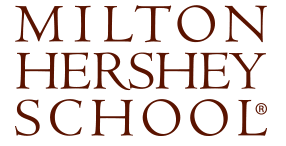
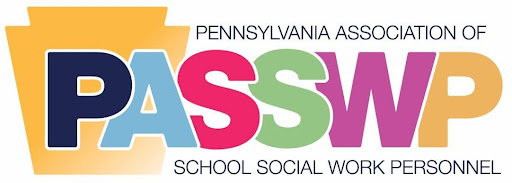
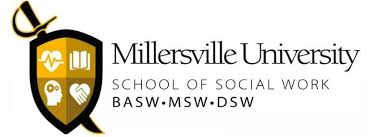
Join us in a welcoming and inspiring environment at Millersville University, where professionals come together to learn, connect, and grow.
Make your conference experience seamless with nearby accommodations at Candlewood Suites. Located just 5 miles from Millersville University, this convenient hotel offers special rates for attendees. Book early to secure your room and stay close to the heart of the event.